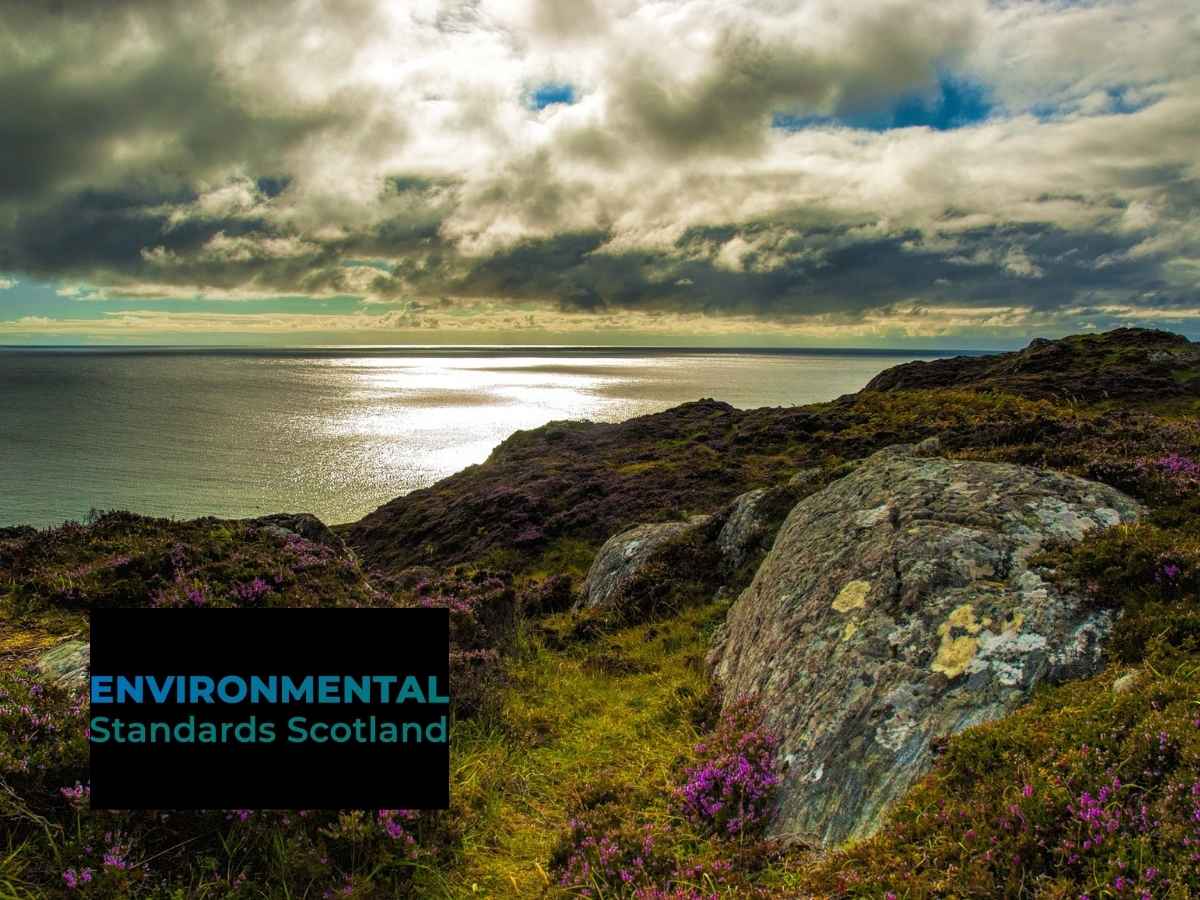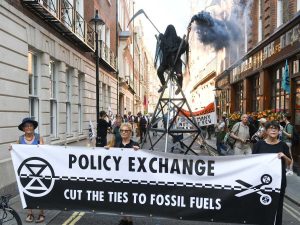A new report published by the Environmental Rights Centre for Scotland (ERCS) has identified a series of failures at Environmental Standards Scotland (ESS), an environmental watchdog established post-Brexit to scrutinise and enforce environmental law in Scotland.
Environmental Standards Scotland: not fit for purpose?
As CIWEM noted, ESS was set up to to “fill governance gap left by Brexit”. It is supposed to be:
an independent guardian over Scotland’s ecosystems by monitoring performance and ensuring that the legislative framework effectively encourages actions with positive environmental outcomes. With the UK’s exit from the European Union, scrutiny of Scotland’s application of environmental law ended in 2020. The ESS has been created to fill this gap and ensure that Scotland’s communities have access to a healthy environment.
However, this doesn’t seem to be the case. The new report summarises ERCS’s experience of raising eleven cases of environmental governance failures with ESS and outlines how:
- ESS has refused to investigate a significant proportion of ERCS’s representations (formal complaints).
- There have been significant and unreasonable delays in ESS’s handling of representations made by ERCS.
- ESS has not used its statutory powers to enforce environmental laws in any of the eleven cases discussed.
- ERCS considers that ESS’s decision-making is often poor and ESS often fails to engage with the legal issues that lie at the heart of several representations.
One such example was ESS’s failure to act promptly enough over sewage pollution. As the report states:
In representation IESS.22.027 (a representation regarding SEPA’s failure to enforce the terms of CAR licences in connection with sewage pollution in the River Almond), it took ESS in excess of six months to decide to progress to ‘pre-investigation’ after it received ERCS’s representation. The representation was made on 22 December 2022 and ESS decided to progress to pre-investigation on 5 July 2023. ESS did not reach an informal resolution (in their terms) until 11 December 2023.
ERCS has published the report in the hope of furthering transparency and accountability, improving environmental governance outcomes, and informing the development of ESS’s future strategy.
The report comes at a moment of uncertainty for environmental law in Scotland.
It follows the Scottish Government abandoning its interim climate targets and excluding the Human Rights Bill (which was due to incorporate a legal right to a healthy environment) from its Programme for Government 2024-2025. The Scottish Government is also set to miss the 1 October deadline for compliance with access to justice requirements of the Aarhus Convention, a UN treaty which enshrines procedural environmental rights.
Whimpering when it should bark?
Ben Christman, ERCS legal director said:
ESS is a watchdog that whimpers when it should bark – and refuses to bite. It needs veterinary attention.
We are concerned that ESS is not effective at enforcing environmental laws. Public bodies in Scotland are not being properly held to account for breaking environmental laws as a result.
Our report made several recommendations to ESS to improve their practices.
Whilst we hope our report will encourage reflection and improvements within ESS, we are concerned that ESS has refused to accept any of the main problems identified in our report.
Shivali Fifield, ERCS chief officer, said:
ESS should use its statutory powers to enforce environmental law and uphold the highest standards of environmental quality. Yet despite our repeated attempts to sound the alarm on everything from sewage to carbon emissions, ESS has failed to live up to expectations. If action has been taken at all, it has often been too little, too late.
If we are to turn the tide on the climate and nature emergencies, we need an enforceable right to a healthy environment to oblige duty bearers to comply with the law and to provide effective remedies when they do not.
Our report comes in the wake of the Scottish Government redirecting spending on climate and nature restoration, and abandoning their commitment to incorporate the legal right to a healthy environment.
Now more than ever we need proper scrutiny of Government, and effective mechanisms to hold public bodies and polluters to account.
Featured image via the Canary




